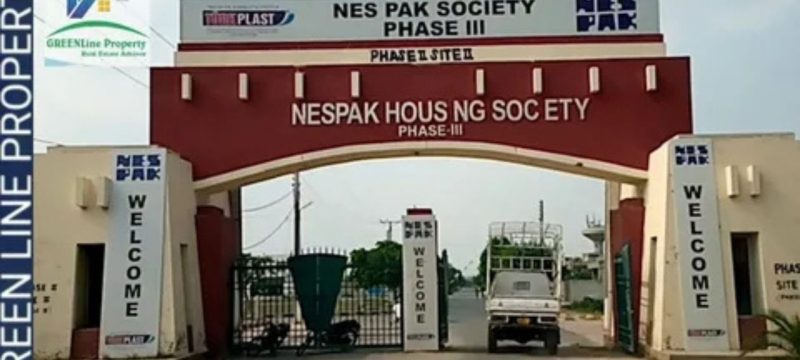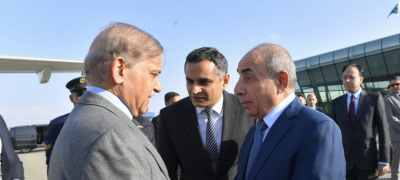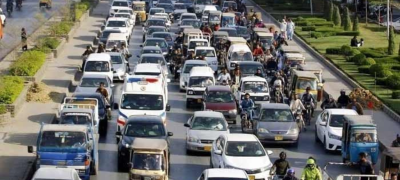Indus River System Authority (IRSA) is reviewing a proposal by the National Engineering Services Pakistan (NESPAK) to install a telemetry system at Kotri Barrage. The move comes amid concerns over fair water distribution and mounting scarcity challenges. NESPAK officials believe the advanced monitoring system will provide transparent data on inflows and outflows at the barrage.
The request highlights growing tensions over water shortages, with IRSA already warning of up to a 21 percent shortage in the Indus basin due to reduced flows. According to recent reports, this shortfall has been worsened by India’s curtailment of Chenab River flows, sparking fears of long-term impacts on agriculture and drinking supplies (source).
NESPAK seeks IRSA approval for the telemetry system at Kotri Barrage
The telemetry system at Kotri Barrage is being described as a crucial step toward fair water sharing among provinces. NESPAK argues that automated and digital monitoring will reduce disputes, prevent tampering, and strengthen IRSA’s regulatory oversight.
Key expected benefits of the project include:
- Real-time tracking of water inflows and outflows at Kotri Barrage
- Transparent and tamper-proof data collection for all stakeholders
- Improved coordination between provinces on water distribution
- Early warning for potential shortages or irregularities
- Enhanced capacity to manage seasonal water flows efficiently
Officials emphasize that trust among provinces has been undermined by manual reporting methods. The introduction of a telemetry system at Kotri Barrage could set a precedent for modernization across the entire Indus River system.
Rising concern over water shortage
Water experts warn that Pakistan’s reliance on outdated monitoring methods makes it vulnerable to disputes and mismanagement. With agricultural production heavily dependent on river water, reliable data is essential to avoid conflicts. NESPAK’s initiative is being welcomed as a step toward sustainable water governance.
At the same time, IRSA faces pressure to address the broader challenge of limited water availability. Farmers in Sindh and Punjab have repeatedly complained of reduced irrigation supplies, while urban centers fear disruptions in drinking water distribution.
The success of the telemetry system at Kotri Barrage could play a decisive role in shaping the future of Pakistan’s water management. As IRSA reviews NESPAK’s proposal, citizens and policymakers alike are waiting to see if technology can provide the transparency and reliability long demanded in water sharing.







